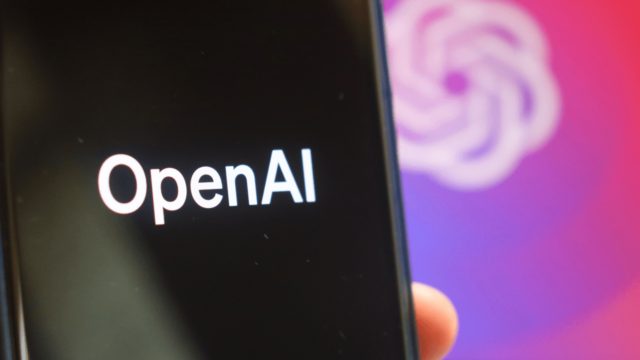A simple shopping trip spiraled into a tech-fueled nightmare for Danielle Horan. Facial recognition technology wrongly flagged Horan, a makeup entrepreneur, as a thief. She had no idea why staff at Home Bargains ordered her out of two stores in May and June.
No explanation. No evidence. Just her face.

“I thought it was a joke,” Horan said. But this was no prank. Security accused her of stealing £10 worth of toilet paper on 8 May.
The system flagged her face. Stores banned her. She knew she had paid.
Yet nobody listened.
Home Bargains staff confronted her at the Regent Road branch in Salford. Shoppers stared. “Everyone was looking at me… and I was like ‘for what?’” she recalled.
They escorted her out. No receipt check. No context.
She contacted Facewatch, the firm behind the facial recognition system. No response. She messaged Home Bargains. Silence.
Weeks later, she entered the Fallowfield store with her 81-year-old mother. Staff surrounded her immediately.
“They were radioing each other. My heart sank. I was anxious… my mum was stressed,” she said.
Still, no one told her why she was being treated like a criminal.
Only after repeated emails did Facewatch admit a shocking error: the alleged theft never happened. Danielle had paid. The algorithm got it wrong.
“I was persistent,” she said. “But it wasn’t easy. It really played with my mind.”
Facewatch acknowledged the mistake and suspended the involved Home Bargains stores from using their system. The company apologized: “We understand how distressing this experience must have been.”
Home Bargains refused to comment.
Horan’s story reflects a growing concern. Civil liberties group Big Brother Watch said over 35 people have reported being wrongly flagged.
“They’re guilty by algorithm,” said advocacy officer Madeleine Stone. “Kicked out. No due process. Serious emotional impact.”
The organization demands a complete ban on facial recognition in UK retail.
“Historically, you’re innocent until proven guilty,” Stone added. “Now a machine decides your fate.”
The UK Department for Science, Innovation and Technology responded: “Commercial facial recognition is legal but must follow strict data laws… No one should find themselves in this situation.”
Danielle Horan agrees.
Her advice? “Fight back. Don’t let a machine define your innocence.”














